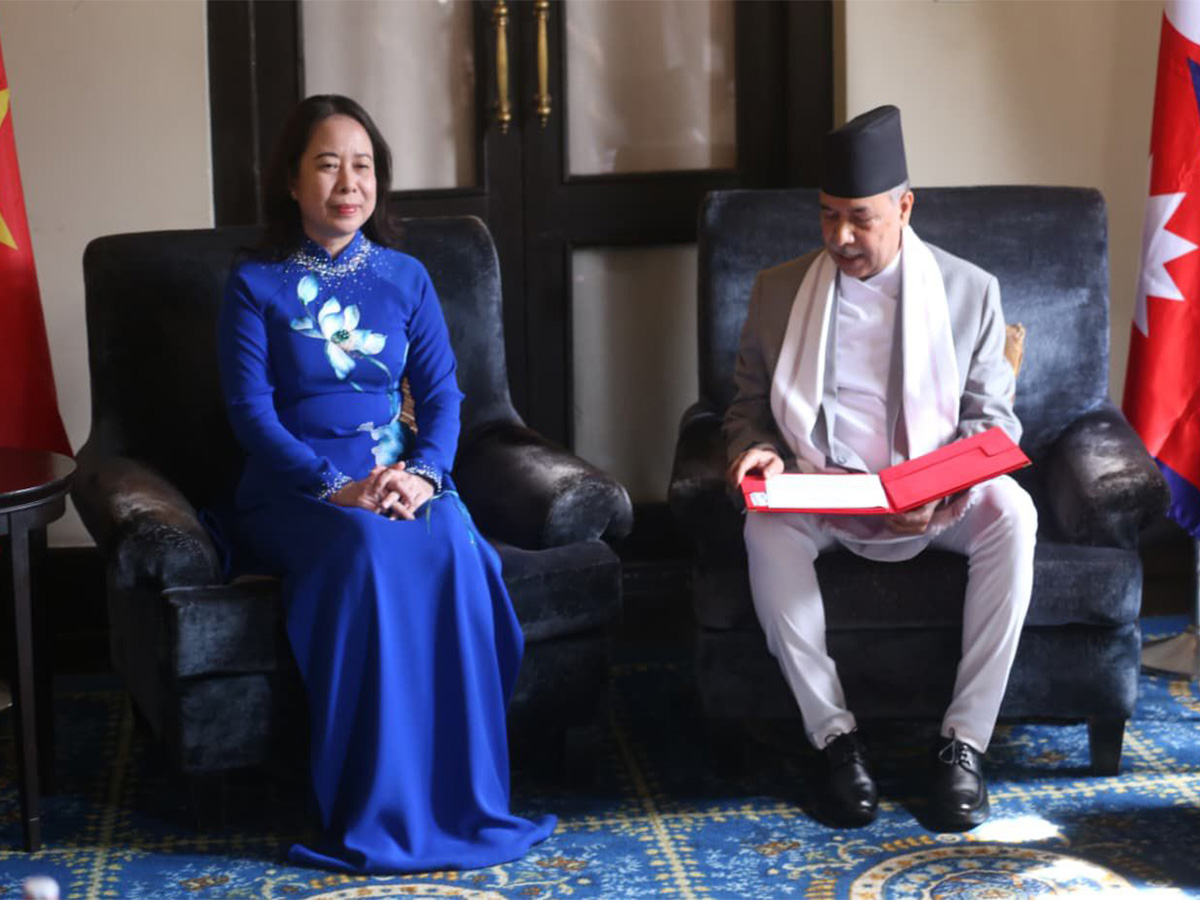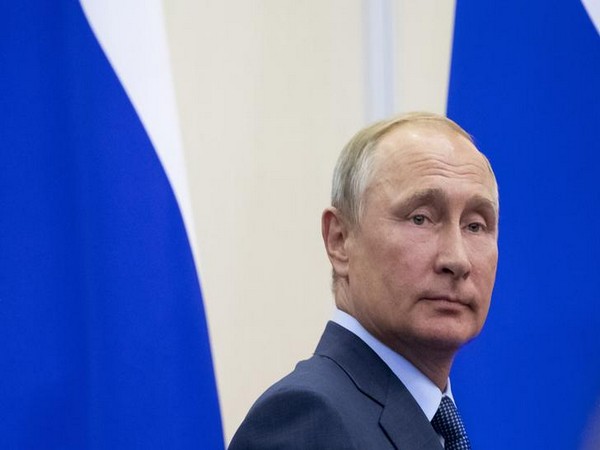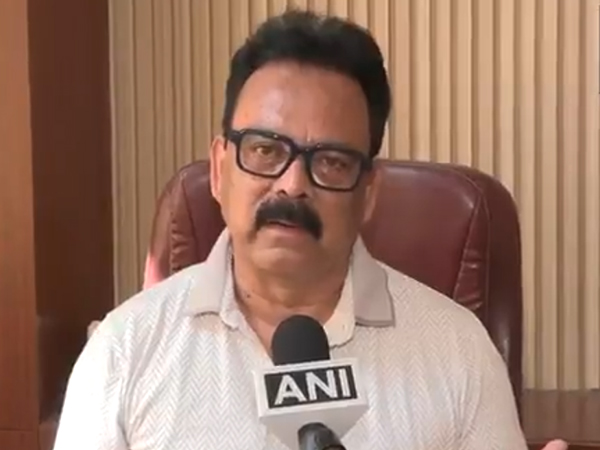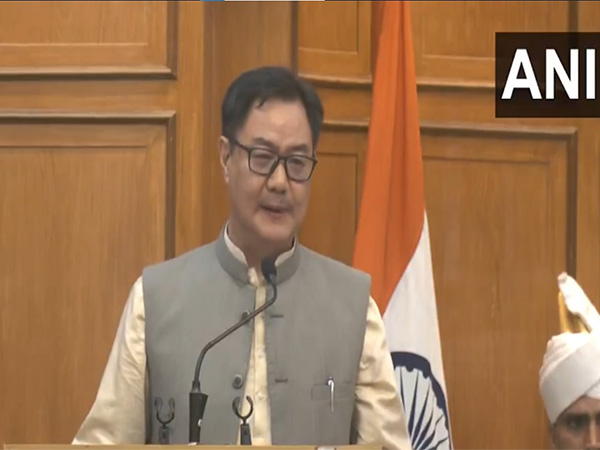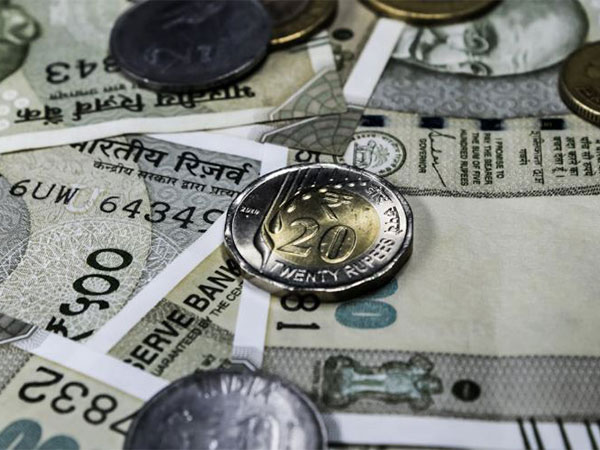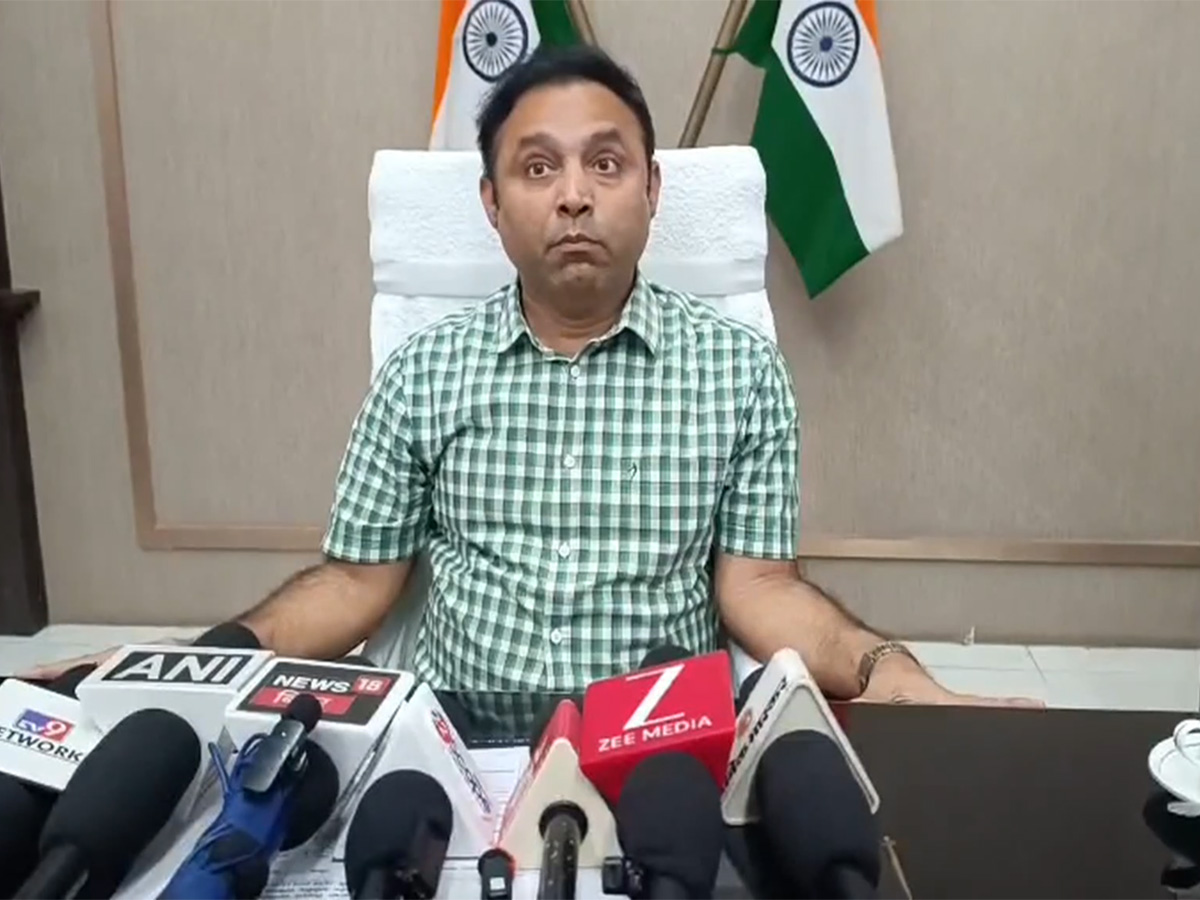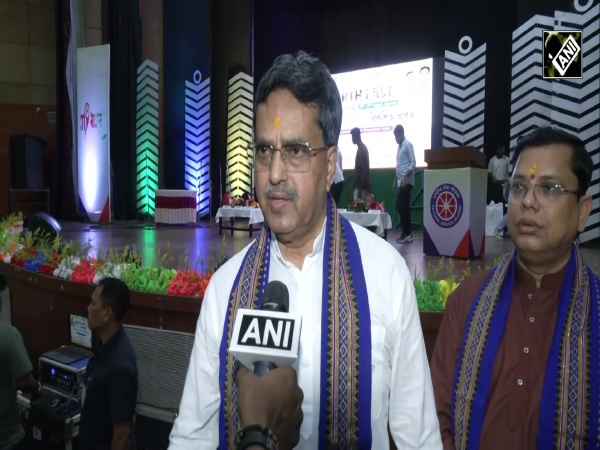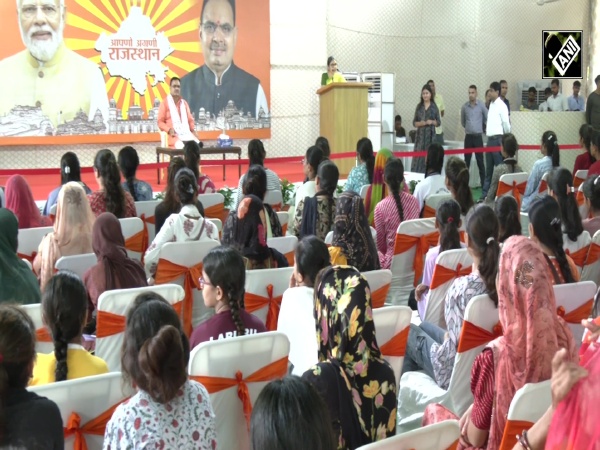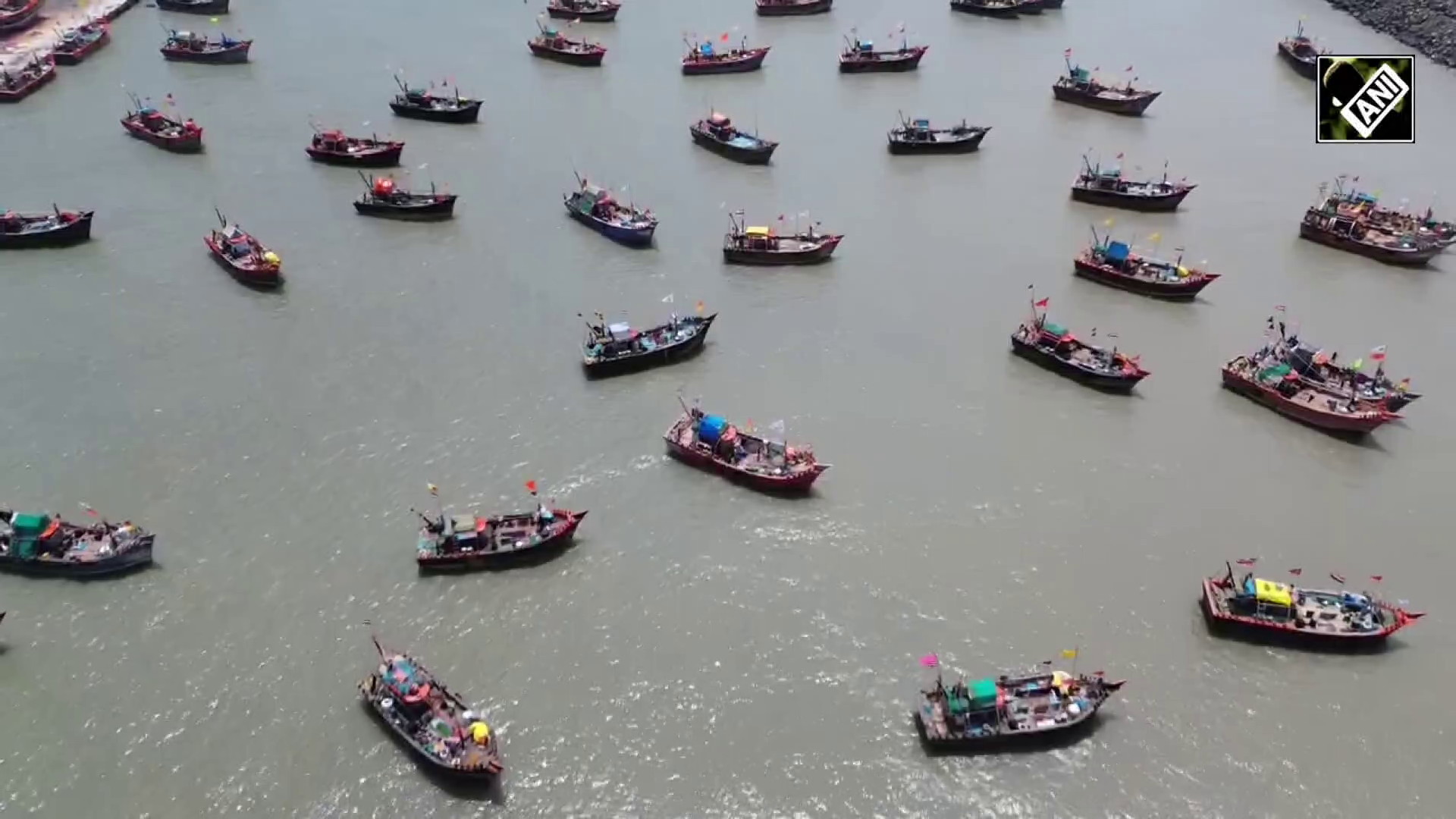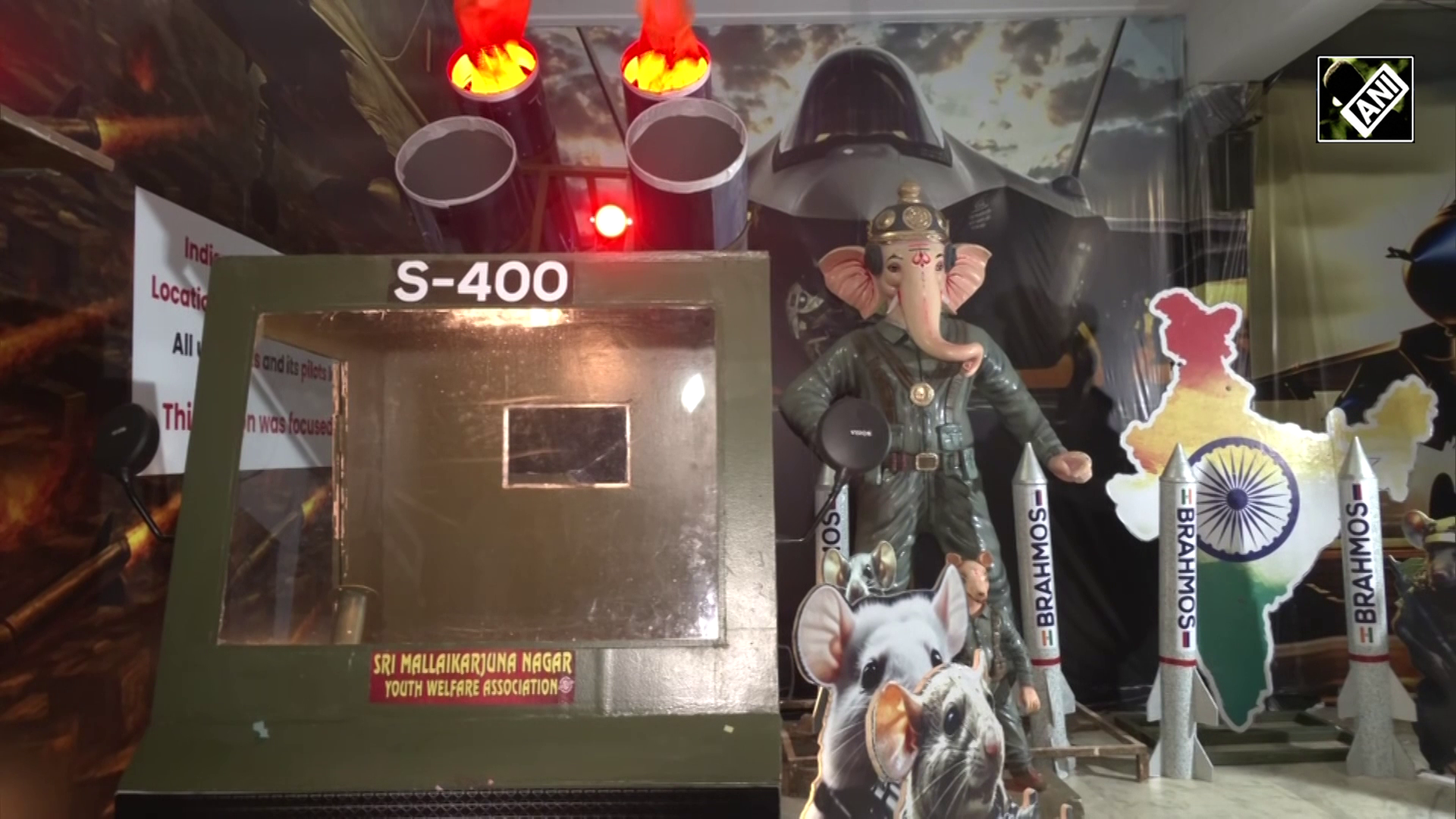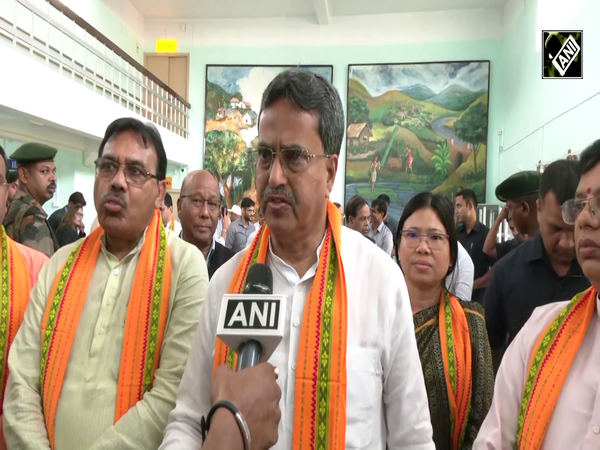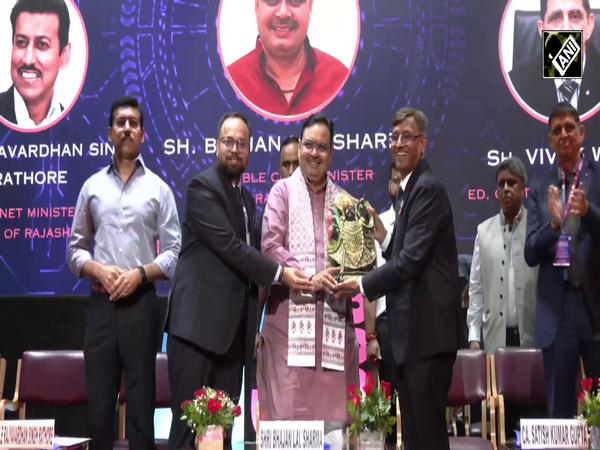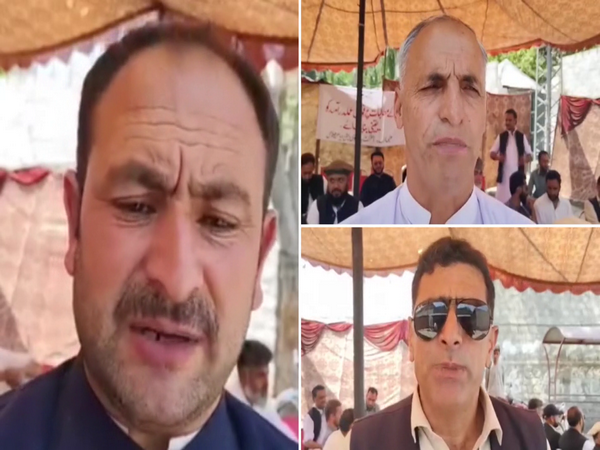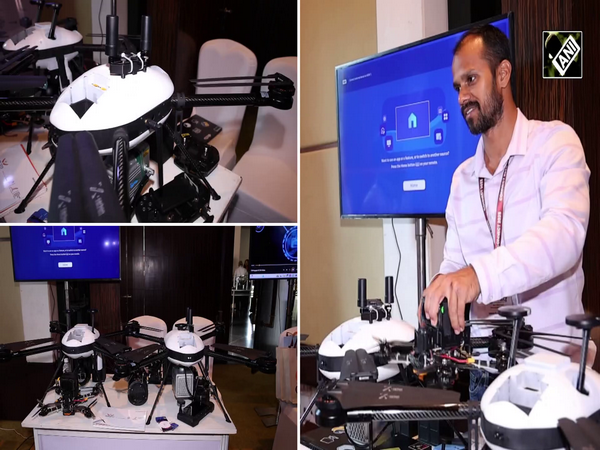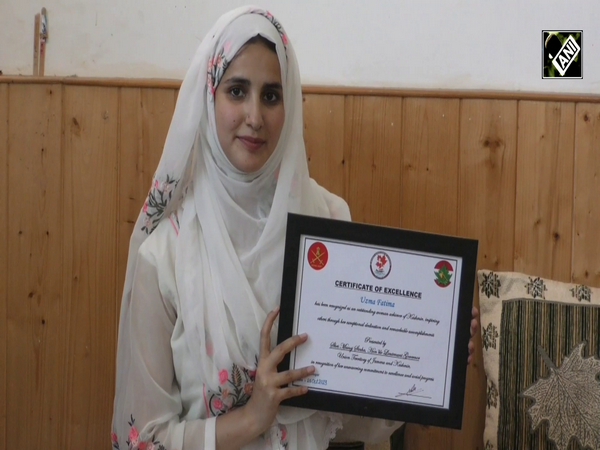Singapore man pleads guilty to spying for China in US
Jul 26, 2020

Washington [United States], July 26 : A Singaporean man who was living in Washington D.C. has pleaded guilty to the charges of being an "illegal agent of a foreign power", prosecutors from the office of the District Attorney said.
Jun Wei Yeo who was also known as Dickson Yeo was working undercover for Chinese intelligence operatives for four to five years, prosecutors said on Friday. CNN reported on Saturday that the man would recruit Americans with access to sensitive information over the internet and commission them to write reports, which he would then pass on to Beijing.
"The Chinese Government uses an array of duplicity to obtain sensitive information from unsuspecting Americans," said the United States Assistant Attorney General John Demers in a statement. "Yeo was central to one such scheme, using career networking sites and a false consulting firm to lure Americans who might be of interest to the Chinese government. This is yet another example of the Chinese government's exploitation of the openness of American society," Demers said.
Yeo's plea of guilt comes amid an ongoing crackdown on Chinese operatives in the US.
A scientist associated with the Chinese military who had been hiding in China's San Francisco consulate surrendered to US authorities on Friday. Her arrest came after the shutting down of the Chinese consulate in Houston, which Washington has linked to institutionalised spying operations and theft of intellectual property.
The move had sparked a major backlash from Beijing, which has ordered the reciprocal closure of the US consulate in the central Chinese city of Chengdu. China also accused the US consulate of being a hub of espionage activities.
Prosecutors said that Yeo was recruited by Chinese intelligence during a trip to Beijing around 2015. He was then studying for a doctorate from the National University of Singapore. CNN said that he was reportedly offered money in exchange for political reports and information. Later he was also asked to sign a contract with China's military, the People's Liberation Army (PLA).
While he did not sign the contract, Yeo continued to work with Chinese intelligence operatives. The intelligence arms of China kept making increasing requests on obtaining 'non-public information' from the US, especially related to issues such as artificial intelligence and the ongoing US-China trade war.
Yeo met with his intelligence handlers many times. When he travelled to China for these meetings he was regularly taken out of the customs lines and brought into a separate office for admission into the country. He told this to prosecutors and also said that this was intended to "conceal his identity when he travelled into China".
As the scope of his operations increased, Yeo set up a fake consultancy website and began asking for resumes. He ended up receiving hundreds of them including many from US military and government personnel with security clearances. He would then pass on this information to his Chinese handlers.
One person, whom he had recruited this way, was a civilian working for the US Air Force on the F-35B military aircraft program, with a high-level security clearance. This person has not been identified by prosecutors.
Yeo had moved to the US around January last year, after which his handlers told him not to communicate with them for a fear of being intercepted. In order to be able to get in touch, Yeo was instructed to establish communication with his handlers from a local coffee shop.
It is not clear how and when Yeo was arrested, but he was charged with acting as an 'illegal agent of a foreign power without first notifying the Attorney General'. He subsequently pleaded guilty.
Yeo, who is due to be sentenced in October, could face up to 10 years in prison.
